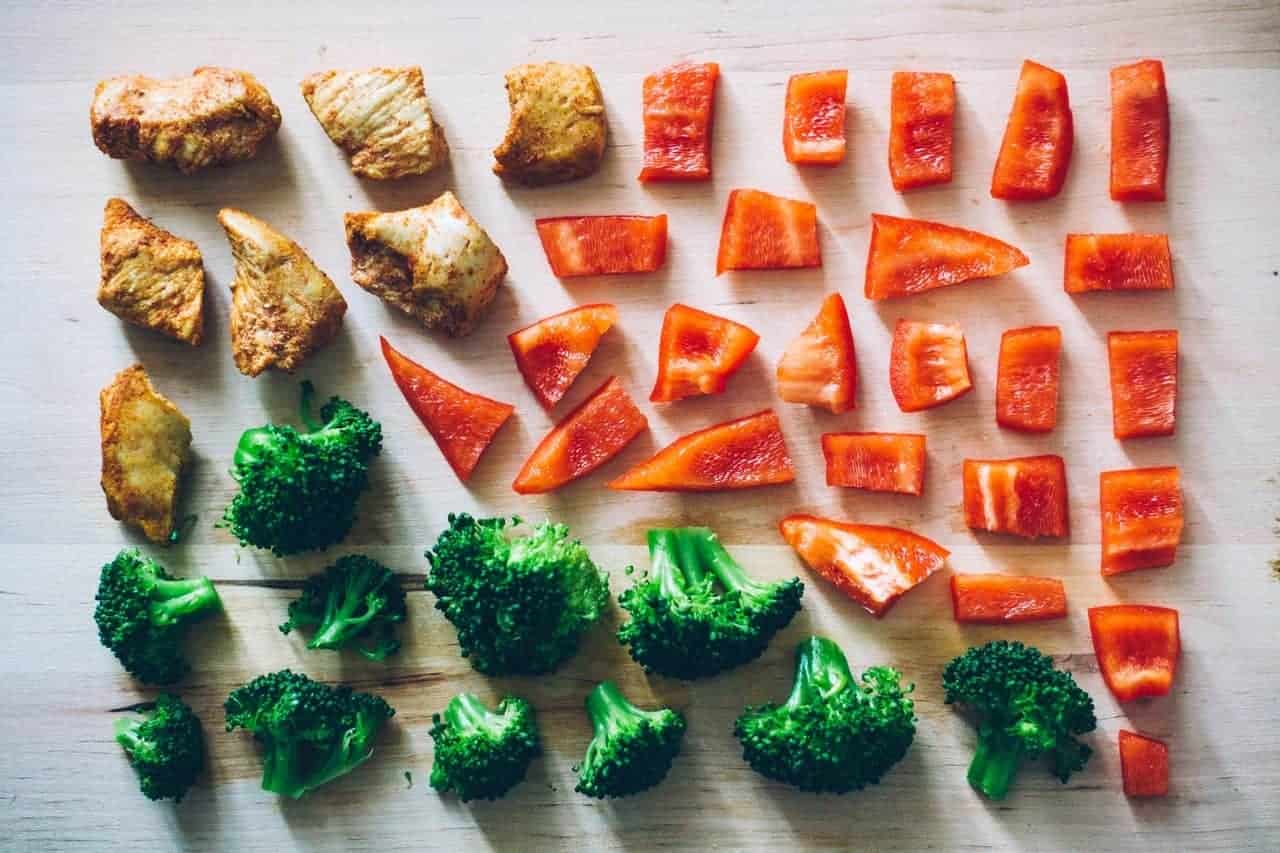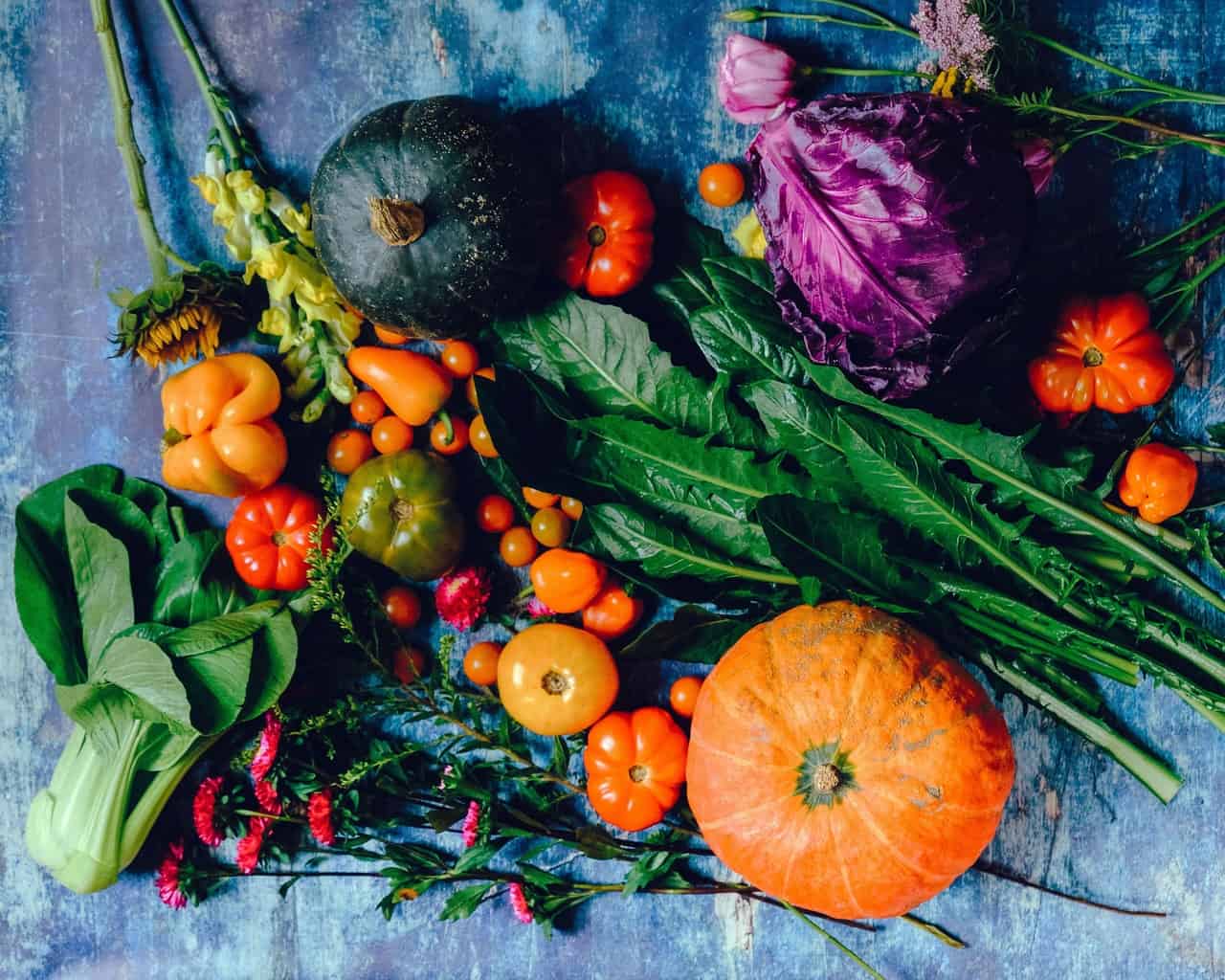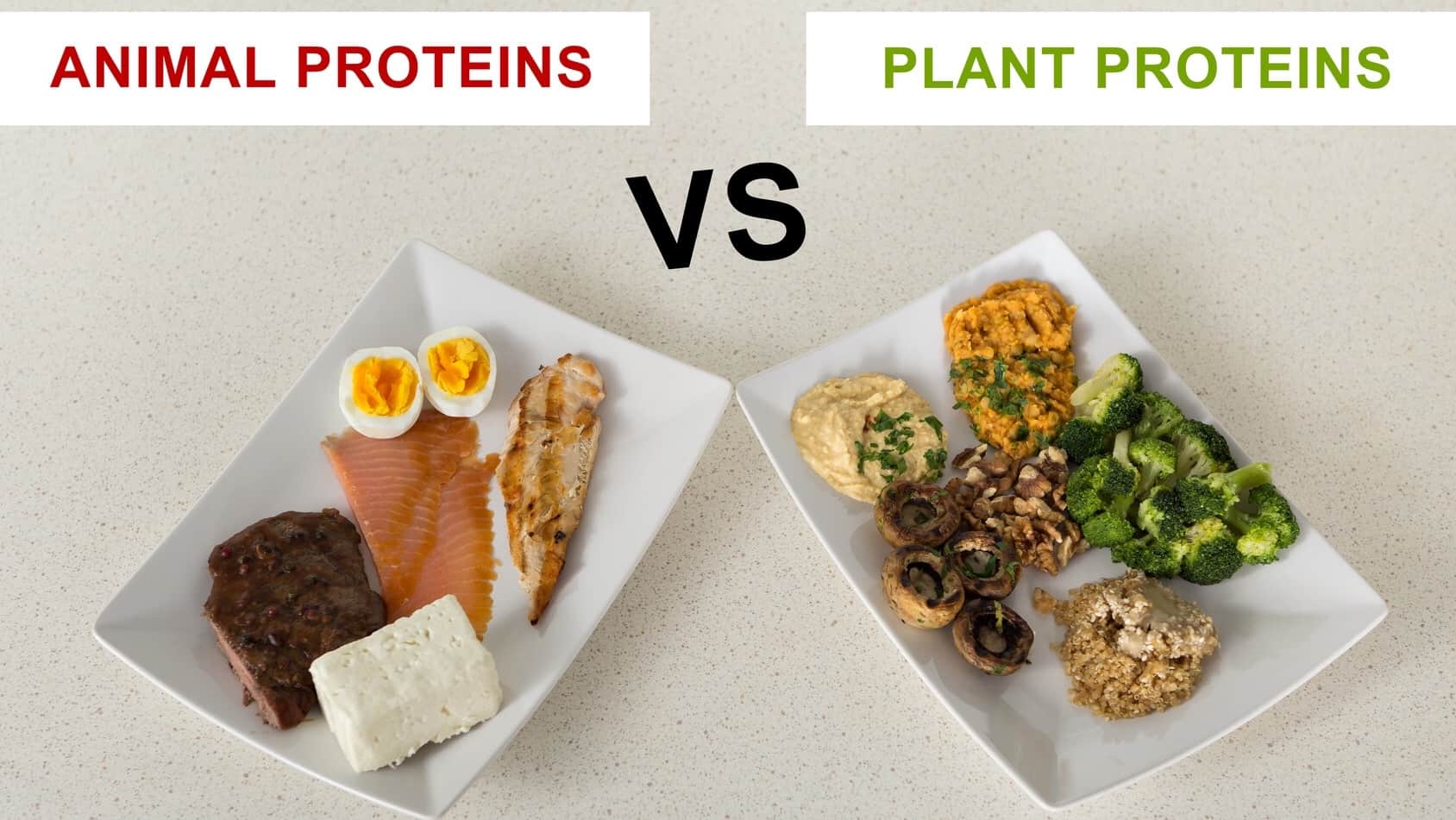Introducing high protein vegetables into your weight loss diet might help you shed pounds. Research suggests that if you want to lose weight, you could benefit from higher amounts of protein than the standard dietary reference intake (DRI). Whether you’re a vegetarian, vegan, or an omnivore seeking to buff up your protein, you could enjoy the same healthful benefits from including more vegetables.
What is Protein?
Protein is one of your three macronutrients. Carbohydrates and fat are the other two. Twenty-two amino acids make up a protein; nine are essential since your body doesn’t provide them.
What does Dietary Protein do?
• Repairs muscles, bones, skin, and your hair
• Supports your hormones
• Provides your body with enzymes
• Keeps you satiated
• Has a thermal effect on your metabolism
Where to Find Protein
While this article will focus more on vegetables, you must understand that meat sources provide you with a complete protein that has every amino acid your body needs. Does this mean you should shun your veggies? Of course not. Vegetables provide far more nutrients than simply protein, including micronutrients, fiber, and essential vitamins. Plus, a high protein meat diet where vegetables take a backseat can introduce renal problems, such as kidney stones.
Vegetarians and vegans can still find plenty of plant-based protein sources to meet their body’s needs and weight loss goals, but they must combine multiple sources to make a complete protein chain. Variety will be a major factor for you.
Excluding tofu and edamame, you should also limit soy, especially those that mimic meat, as they contain large amounts of fillers and sodium. Soy can also disrupt hormone balances in women who haven’t neared menopause because it’s a phytoestrogen. However, studies do suggest that men who eat tofu can lower their risk for prostate cancer (1, 2).
How Much Protein Do You Need?
Be wary of hard and fast numbers, because your protein needs depend solely on your current weight. Plus, your body can tolerate more than the recommended 0.36 grams of protein per pound of your body’s weight, and the more protein you consume, the more calories you’ll burn (3, 4, 5).
You should note that while you’ll burn calories without carbohydrates and fats, you will lose some benefits to appetite suppression. As you make weight loss progress or your needs change, you’ll need to reevaluate your daily intake.
What are the Adverse Effects of a High Protein Vegetable Diet?
Few studies show adverse effects. However, if you’re body isn’t attuned to eating vegetables, your stomach and intestines might need some time to adapt. Gas, stomach upset, and bloating can occur, but these generally clear up quickly.
However, some studies have suggested an increase in kidney stones when following a high protein diet. Keep in mind that the study reflected a high protein meat diet, and in studies on high protein vegetables, researchers couldn’t replicate the adverse effects (6).
Protein and Vegetables For Weight Loss?
Eating high-protein vegetables gives you double the power over the scale.
First, protein is a natural appetite suppressant. This is due to protein’s ability to rev your production of hormones, including your hunger hormone. Second, vegetables are naturally lower in calories. Third, thanks to your hormones, you’ll also be jump starting your metabolism, which increases calories burned. By including high protein vegetables, you might eat less, feel fuller longer, and lose more weight because of your increased metabolic rate (7, 8,).
Diets That Adopt High Protein Vegetables:
• Vegetarian
• Vegan
• Pescetarian
• Paleo
• Keto
• Atkins/low carb
• Trim Healthy Mama (THM)
• Low fat
• South Beach
• Weight Watchers (any program)
Paleo, Atkins, and Keto style diets will have more restrictions, but you can include plenty of the plan-approved vegetables on the list below. THM followers will find most vegetables will work for the different meals; remember, you want to limit the beans and lentils and save them for crossover meals.
If you’re at the beginning of your weight loss journey and following a low carb plan, you’ll want to avoid the starchier vegetables since their carbohydrate counts will likely put you over your daily limit. Less limiting lifestyles can allow for these high protein vegetables for weight loss in moderation.
Who Else Can Benefit From High Protein Vegetables?
It’s easy for us to say everyone because no one should shun vegetables, and most vegetables contain a decent percent of protein per serving. On top of protein, the average person will get plenty of fiber and vitamins too. However, certain people will see a larger benefit that affects their overall health or wards off the body’s natural aging process.
The body loses muscle and bone as you age. It can be harder to maintain or rebuild your stores despite healthy diets and exercise. Consuming protein rich vegetables and other foods can slow or halt the progress because of the restorative effects of protein. If you have medical conditions that compound your losses, a diet consisting of high protein vegetables might alleviate symptoms, too. This might be different from what doctors used to believe or what you’ve heard, but it truly shows the evolution of science and medicine through study.
Bodybuilders generally use protein rich diets to increase their lean gains, protect their muscles from injury, and to heal if they’ve suffered an injury. They should aim for natural sources and avoid protein powders, which have little scientific or long term studies backing them.
Even a temporary high protein vegetable diet can also assist your body in repairing itself post-surgery or injury and help heal common bedsores in elderly bed-ridden patients.
Does Protein Protect Against Disease?
Studies show promising results that certain proteins and amino acids can protect you against osteoporosis. Because protein has a correlation in naturally rebuilding and strengthening your bones, you could use a high protein diet as one form of treatment or as a preventative measure (6).
In a men’s study, eating tofu lowered the risk of prostate cancer (2).
A diet rich in soy (excluding soy foods that mimic meat like crumbles and nuggets) can lower bad cholesterol and raise good cholesterol(3).
High Protein Vegetables For Weight Loss
• Spinach
• Sun Dried Tomatoes
• Alfalfa Sprouts
• Bok Choy
• Asparagus
• Mustard Greens
• Collard Greens
• Broccoli
• Brussels Sprouts
• Cauliflower
• Artichokes
• Corn
• Potato, baked
• Kale
• Peas
• Avocado
• Mushrooms
• Swiss Chard
• Okra
• Beets
• Pumpkin
• Yellow Squash
• Zucchini
• Acorn Squash
Legumes, which generally fall under the vegetable category
• Lentils
• Field Peas (Black eyed, pink eyed, etc.)
• Edamame
• Tofu
• Soy Milk, unsweetened or flavored
• Lima Beans
• Black Beans
• Peanuts, including natural unsweetened peanut butter
• Chickpeas (Garbanzo Beans)
• Pintos
• Kidney Beans
If beans will be your primary source of protein, you should add in other vegetables or mix types of beans to create a complete protein and ensure your body receives the nine essential amino acids. You want to nourish your body and not starve it. You can combine the sources in your meal (like these delicious vegetable bowls) or over the day’s meals. All plants contain protein, so you can be creative with reaching your macronutrient goal.
You might be thinking, “oh no, not another diet.”
This one is more of a lifestyle that adapts to your current lifestyle well and truly isn’t a diet unless you’re considering a full change from one diet to consuming only crunchy high-protein vegetables for weight loss. Going vegan can be hard for many people – even vegetarian can be difficult – whereas pescetarian (eats seafood but no other animal products) is less limiting; but, they are not impossible if your heart is in it.
The weight loss premise does have basis in medical study. Scientists found that protein has three important jobs in your body: increases your metabolism, balances hormones, and satiates your hunger.
When we tie in plant based protein to make up a large portion of our plates, we find a food that is naturally low in calories and contains only healthy fats (like in avocado). Plant protein is nature’s perfect diet food no matter what diet or lifestyle you follow. The bonus? Nothing on the list is expensive or unavailable in a common grocery market.
Food for Thought
Whether you’re consuming high protein vegetables for weight loss or for another health benefit, you must remember that serving size, moderation, and variety matter. Unless you’re also consuming a protein meat source, you will need daily multiple sources of proteins to make a complete protein.
Aim to receive all your protein from whole foods. If you must supplement, try Braggs Amino Acids or another unfermented soy sauce alternative to season your foods. It will provide a large portion of your amino acids to make your complete protein and can be useful for new vegetarians/vegans or anyone new to a high protein vegetable diet.
Avoid protein powders without knowing where the company sources their ingredients; these might contain less than stellar hidden ingredients, including cheap animal by-product fillers. Organic and plant-based powders are the cleanest options. Again, use this as a transition step. No long-term studies have been performed on protein powders and health.
Remember, you can’t overdose on high protein vegetables for weight loss, but if you do notice the scale is moving in the wrong direction, you can try to cut back on the starchier or higher sugar vegetables. Your macronutrients are about balance, and your optimal balance is personalized.
Most of all, eat your veggies and reap the internal benefits as much as any outward ones.















 Community
Community

